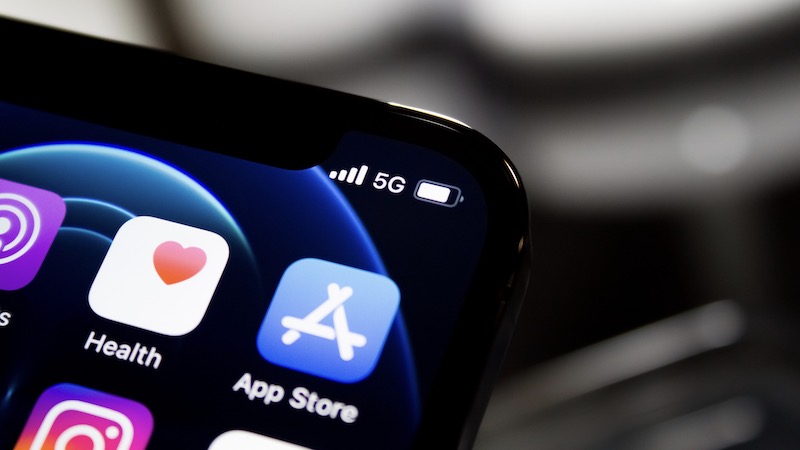It’s hard to imagine our digital lives without apps. Nevertheless, app store operators also have to ban apps from their platforms time and again. In the first half of 2021 alone, more than 800,000 apps were removed.
The App Store is one of the most important sources of revenue for iPhone manufacturer Apple. In 2020 alone, Apple’s gross revenue from the App Store amounted to $72.3 billion, according to estimates. A year earlier, the figure was 55.5 billion.
By comparison, estimates for the competing Google Play Store are $38.6 billion for 2020 and $29.7 billion for 2019.
The app business is flourishing. Nevertheless, store operators have to intervene again and again and ban apps from their platforms. In the first half of 2021 alone, Apple and Google counted more than 813,000 removed apps, as Pixalate’s “H1 2021 Delisted Mobile Apps Report” shows.
Why do apps disappear from the App Store?
For the research, Pixalate analyzed more than five million apps from the App Store and Google Play Store. More than 813,000 apps were deleted from the platforms.
This delisting can have several reasons: For example, if the apps violate the guidelines of the respective store, they are removed by Apple or Google. It is also possible that the developer removes them from the market.
The problem with the removal from the app stores, on the other hand, is that the apps can remain installed on the devices. This is possible even if they have been removed from the App Store or Google Play Store.
21 million reviews in the App Store
If the apps are removed due to a violation of the store guidelines, there may be risks for the privacy and data security of the users.
This is because the apps in question are usually popular ones. Before their deletion from the respective platforms, the apps had more than 21 million consumer ratings, according to Pixalate.
Privacy policies were neglected in removed apps
The Pixalate report also found that 89 percent of removed apps were targeted at children under 12. Fifty-nine percent of them had no privacy policy. A similar picture emerges for removed apps originating from China. Here, 60 percent had no privacy policy.
In the Google Play Store, two-thirds of the deleted apps even had “dangerous permissions.” This means they could access GPS data (27 percent) or the camera (19 percent), for example.










